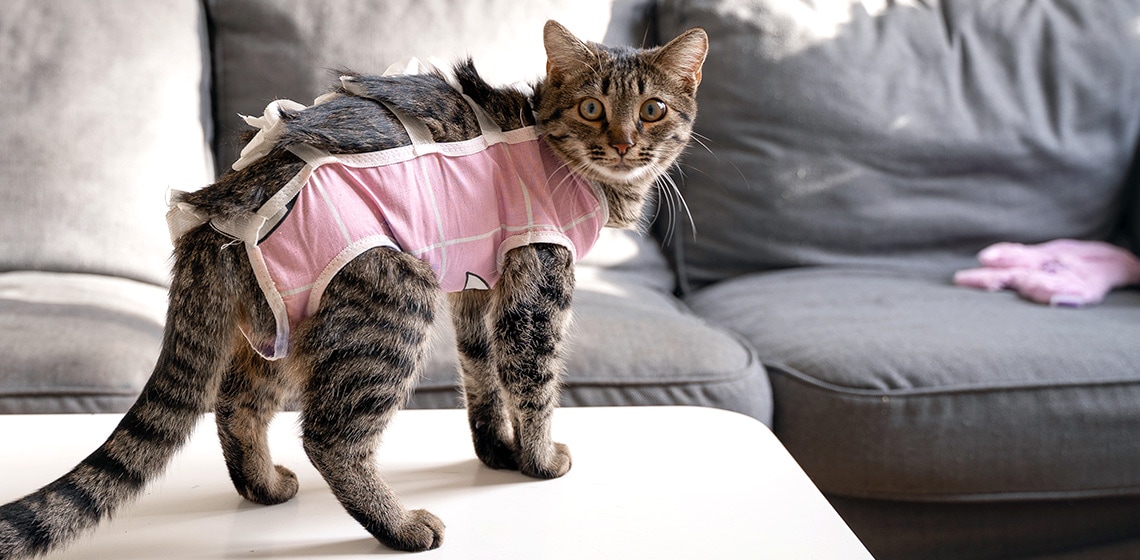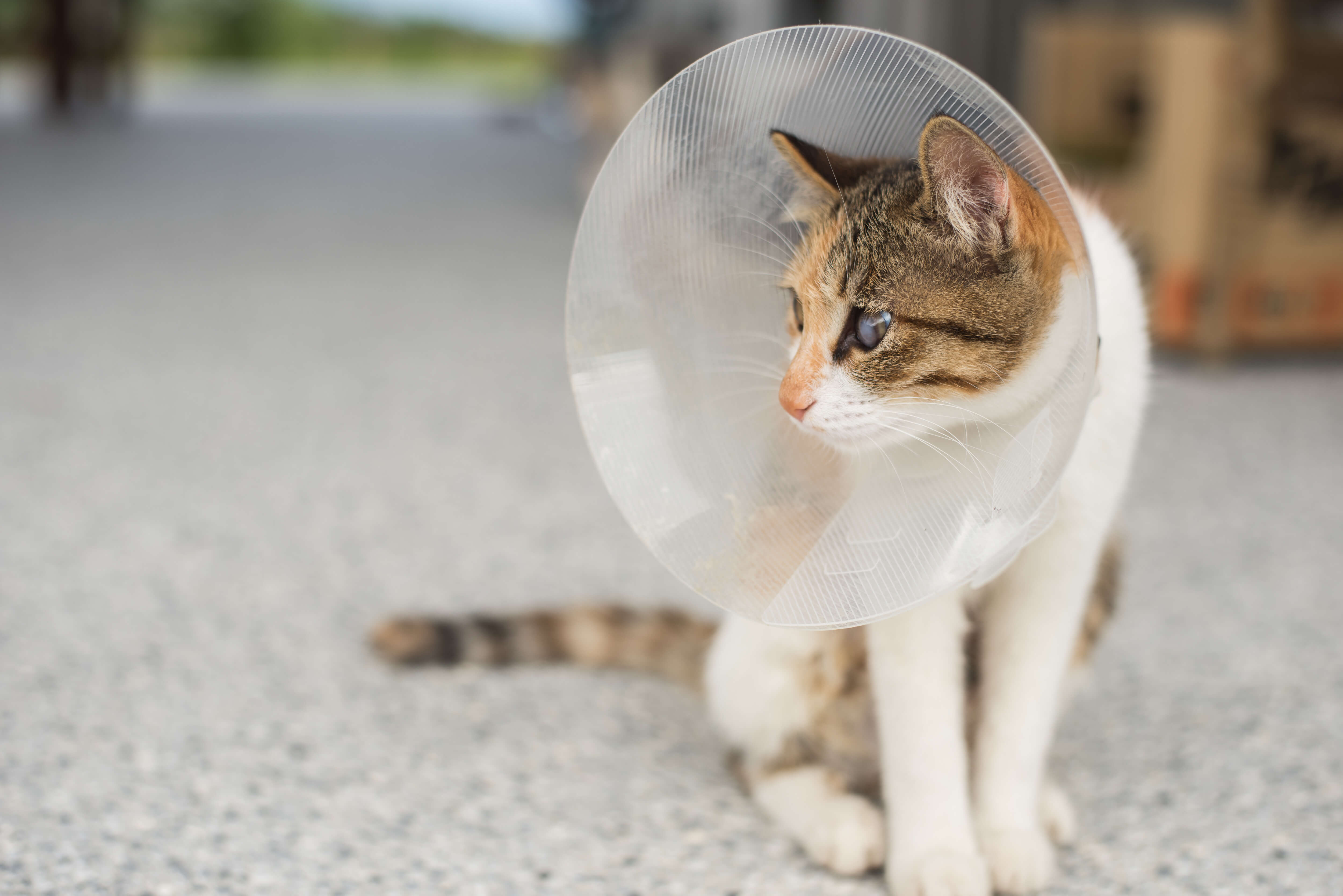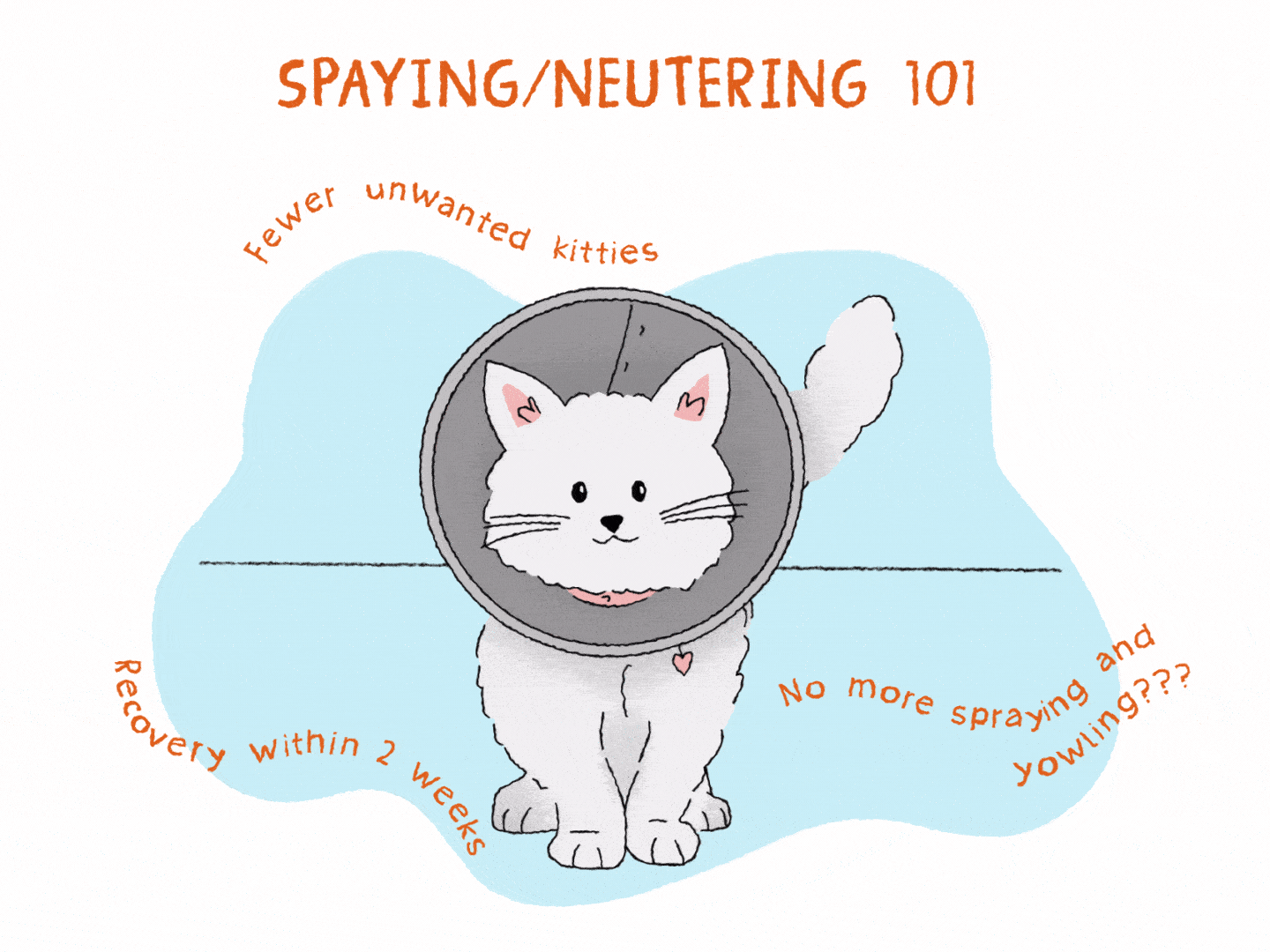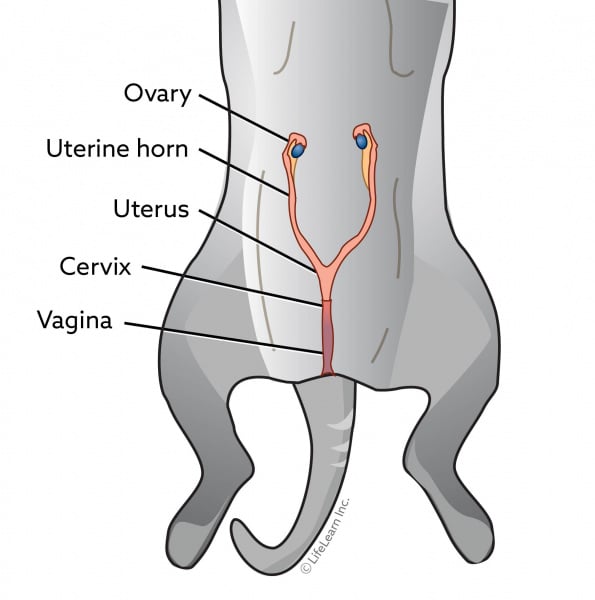Ensure your cat is healthy and up-to-date on vaccinations before getting her spayed. Follow your vet’s pre-surgery instructions.
Spaying your cat is a crucial step in responsible pet ownership. This procedure helps prevent unwanted litters and reduces the risk of certain health issues. Before the surgery, it’s important to confirm your cat’s health status with a vet. Make sure she is current on all her vaccinations to avoid complications.
Follow any pre-surgery instructions given by your vet, such as fasting guidelines. Keeping your cat calm and stress-free before the appointment is also essential. Proper preparation ensures a smooth surgery and a quick recovery for your feline friend. Taking these steps will help you and your cat navigate the spaying process confidently.
Researching The Procedure
Spaying is a surgical procedure. It removes a cat’s ovaries and uterus. This stops her from having kittens. Vets perform this procedure under anesthesia. It is a common and safe operation.
Spaying has many benefits. It helps prevent uterine infections. Spayed cats live longer and healthier lives. It also reduces the risk of certain cancers.
Spayed cats are less likely to roam. This reduces the chance of accidents or getting lost. It also decreases aggressive behaviors. Spaying helps control the pet population.
Choosing The Right Vet
Check online reviews and ask friends for recommendations. Visit the clinic to see if it is clean. Make sure the staff is friendly and helpful. Verify that the clinic is certified and has experienced vets. Ask about their success rates with spay surgeries. This will help in choosing a trustworthy place for your cat.
Ask how many spay surgeries they perform each week. Inquire about the type of anesthesia used. Find out about the recovery process and any aftercare needed. Make sure to ask about possible risks and complications. Confirm the total cost of the procedure, including any hidden fees. This information will help you make an informed decision.
Scheduling The Surgery
The optimal age for spaying a cat is between five to six months. At this age, your cat is mature enough to handle the surgery well. Early spaying can prevent many health issues. Consult with your vet to choose the best time.
Ensure your cat is healthy before the surgery. Schedule the surgery when you can be home for a few days. Your cat will need extra care during the recovery period. Plan the surgery not during holidays or busy times.

Credit: thevets.com
Preparing Your Home
Set up a quiet room for your cat. Keep it away from noise. Use a soft bed for comfort. Ensure the room is warm and cozy. Remove any sharp objects. This will prevent any injuries. Offer some favorite toys to keep her happy. Make sure the litter box is nearby. Your cat will need it often. Also, keep fresh water available.
Buy enough cat food for a few days. Choose soft food for easy eating. Stock up on medical supplies like gauze and antiseptic. Have a cone collar ready. This stops her from licking the wound. Get some treats to comfort her. Also, have a soft blanket for extra warmth. Check that you have pain relief medicine if needed. Be prepared with clean towels for any spills.
Pre-surgery Health Check
Schedule a vet appointment to ensure your cat’s health before spaying. Verify vaccinations, and follow pre-surgery fasting instructions.
Ensuring Vaccinations Are Up-to-date
Ensure your cat has all the needed vaccinations. This protects them from diseases. A vet can check the records. If any shots are missing, get them done before surgery. Vaccinations help the immune system stay strong. They also reduce surgery risks.
Monitoring Your Cat’s Health
Watch your cat for any signs of illness. Look for symptoms like sneezing or coughing. Also, check for changes in appetite. If your cat seems less active, see a vet. Good health is crucial for a safe surgery. A healthy cat recovers faster and easier.

Credit: weareallaboutcats.com
Dietary Adjustments
Cats should not eat for 12 hours before surgery. This helps to keep their stomachs empty. An empty stomach reduces the risk of vomiting during surgery. Offer a light meal the evening before the surgery. Ensure they have eaten by 8 PM. Remove any leftover food after that.
Always provide fresh water. Cats need to stay hydrated before surgery. Do not remove water until two hours before surgery. Water helps to keep them healthy. Hydrated cats recover faster. Keep an eye on their water intake. Ensure they drink enough water.
Day Of The Surgery
Make sure your cat does not eat after midnight. Water is usually allowed. Check with your vet for specific instructions. Ensure your cat has a quiet and stress-free environment. Spend some time with your cat in the morning. This can help keep her calm. Use a soft blanket to keep her warm if it’s cold.
Use a sturdy cat carrier for transportation. Place a familiar blanket or towel inside. This makes your cat feel safe. Ensure the carrier has ventilation holes. Fasten the carrier securely in the car. Drive smoothly to avoid sudden stops. Speak softly and reassuringly to your cat during the ride.
Post-surgery Care
Ensure your cat is up-to-date on vaccinations before surgery. Discuss pre-surgery fasting with your vet. Prepare a quiet, comfortable recovery space at home.
Monitoring Recovery
Keep your cat in a quiet place. This helps her rest and heal faster. Check the incision site twice a day. Look for redness or swelling. These could be signs of infection. Make sure she does not lick the area. Use an Elizabethan collar if needed. Watch her eating and drinking. She should eat a little less at first. But she must drink water. Offer her small amounts of food. Gradually increase to her normal diet.
Signs Of Complications
Watch for unusual signs. Vomiting or diarrhea can be serious. So can not eating for more than a day. If she seems very tired or hides a lot, this is a concern. The incision should not have a bad smell. Pus or blood is a sign to see the vet. If she has trouble breathing, seek help. These are signs of serious problems. Always call your vet with any worries.

Credit: www.banfield.com
Frequently Asked Questions
How Do I Prepare My Cat For Being Spayed?
Schedule a vet appointment. Follow pre-surgery fasting instructions. Ensure your cat is healthy. Prepare a comfortable recovery space. Keep your cat calm before the procedure.
What Is Required Before Spaying A Cat?
Before spaying a cat, schedule a vet visit for a health check-up. Ensure your cat is up-to-date on vaccinations. Follow pre-surgery fasting instructions, usually no food for 12 hours. Provide a comfortable, stress-free environment before and after surgery.
How Long Do You Have To Keep A Cat In The Room After Being Spayed?
Keep your cat in a quiet room for 24-48 hours after being spayed to ensure proper recovery.
Can A Cat Drink Water Before Spaying?
Yes, cats can drink water before spaying. Consult your vet for specific pre-surgery instructions.
Conclusion
Proper preparation before getting your cat spayed ensures a smooth experience. Follow these steps for your cat’s health. Consult your vet, provide comfort, and ensure a stress-free environment. Your cat will recover quickly and live a happier, healthier life. Taking these precautions makes the process easier for both you and your feline friend.

Hello, this is Frank Swanson, the owner, and operator of Pet Info Hut. I created this website as a way to share my love of pets with the world. I have over 7 years of experience working with animals, and I have a passion for helping people care for their pets. I hope that you find my website useful and informative. Thanks for visiting!
